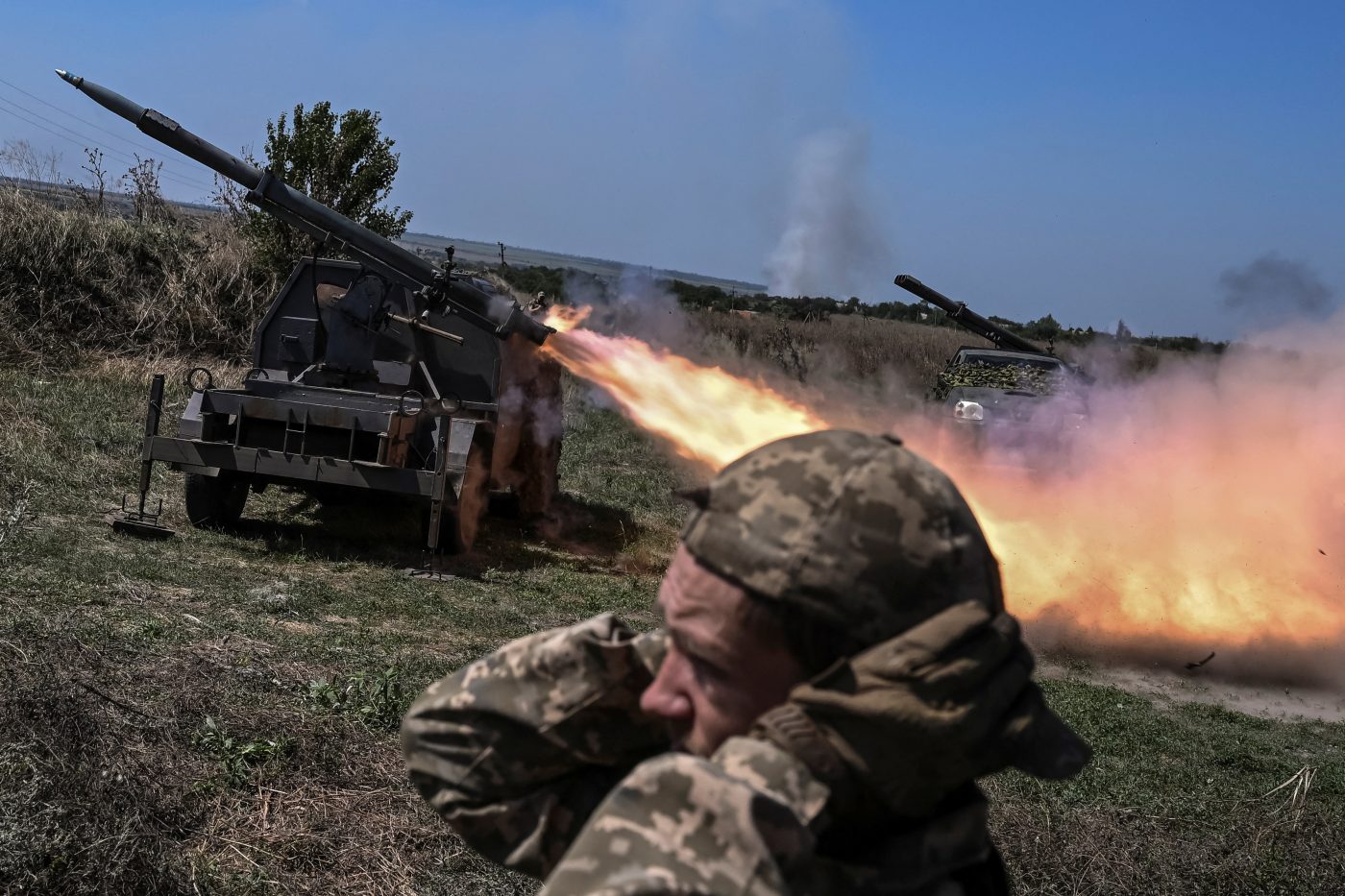As Americans, already nervous about a seemingly intractable fight in Europe, watched the eruption of war in the Middle East, President Joe Biden made a powerful case for devoting national resources, attention, and commitment to the defense of both Ukraine and Israel.
In his Oval Office address to the nation on October 19, the president argued forcefully for continued – or renewed – American leadership and engagement. What he did not do, unfortunately, was challenge the easy assumptions and false arguments American policymakers have been making for 30 years.
Ever since the Cold War ostensibly ended in the early 1990s, America and its friends and allies have been seized with the notion that the hard challenges and global divisions that characterized the world before 1991 were over. Some 30-plus years after the end of Soviet communism and the reunification of Europe, America confronts some very serious challenges that were supposed to have disappeared.
Historians will and should argue over key questions, such as whether the US might have been less accommodating of Boris Yeltsin’s and Vladimir Putin’s authoritarian tendencies earlier. But those are not questions for today.
What America faces now is a need to recognize the world as it is. In that regard, the twin challenges of Ukraine and Israel addressed by President Biden in his address stand out as the challenges of our time.
It is no exaggeration to state that the loss of Ukraine to Russia, to economic and social collapse, or the loss of Israel to terrorism, violence, and international isolation, threaten America’s most essential national interests.
Step back for a moment and consider the key documents and principles that the current international system is based on. From the United Nations Charter to the Helsinki Final Act, from the Charter of Paris to the NATO-Russia Founding Act, there is an entire chapter of global history devoted to the effort to bring Russia into the international system and to devise a positive way forward for Russia, NATO, and the EU to not just coexist, but work together in mutually beneficial ways.
Jump ahead to 2023. This entire chapter of diplomatic history is on life support, if not already dead.
Is this a multipolar moment? Not yet.
The United States is still the predominant power in the world, and while America’s sway and its model are not what they were, there is still no real challenge to Washington’s role as the glue that holds the world together and guides it toward a better future.
China is of course rising, and rapidly, but it seems evident that the Chinese are not seeking to replace America’s role, but rather secure dominance in their neighborhood and achieve economic growth to address serious unemployment (policymaking failures by the communist leadership is meanwhile worsening the country’s significant economic woes.)
Russia may still have the world’s largest nuclear arsenal and a heavy slice of the world’s natural resources, but it is a shrinking country that does not — and cannot — seek global dominance in the way the USSR did. And the European Union (EU) remains more of a trade organization than a world power and global player.
So why is this the real end of the Cold War?
Because America’s three-decade-long effort to coast and avoid hard decisions, and also to avoid spending more money on its global role, has confronted the country in 2023 with a series of realities that must finally be addressed.
The need to support Ukraine is clear and urgent, but have Americans come to terms with the likelihood that Ukraine’s struggle will be long-term, expensive, and bloody? The need to support Israel (while restraining its retaliatory impulses) is also obvious, but is America ready to dive back in and play the kind of role it played for much of the 50 years from the 1940s to the 1990s?
Has any recent president had this conversation with the American people? The case must be made, against clear public resistance and reluctance to retake the role of global leadership and pay for it. This too is true in Europe, in Japan, and in other allied nations across the globe.
The United States cannot coast any longer, or avoid serious thinking and hard decisions. Managing support for two conflicts, in Ukraine and Israel-Gaza, will be hard enough. Navigating global politics will require wisdom, strategic thinking, and effective communication. The risk of another conflict exploding while America is still dealing with Ukraine and Israel-Gaza is real.
The age of Pax Americana is almost certainly over, as is America’s ability to get its way most of the time without serious effort.
The United States needs to take this moment seriously and engage in the national discussion that is required, even if in the face of the country’s current dysfunctional politics. What is at stake is not just America’s own national security and prosperity, but the entire world’s as well.
Ambassador Eric Rubin is a Non-resident Senior Fellow with the Democratic Resilience Program at the Center for European Policy Analysis (CEPA). He was elected to serve as the President of the American Foreign Service Association (AFSA) after his recent posting as US Ambassador to Bulgaria (2016-2019). Joining the Foreign Service in 1985 after graduating from Yale, he has served in numerous posts around the world, including Russia and Ukraine.
Europe’s Edge is CEPA’s online journal covering critical topics on the foreign policy docket across Europe and North America. All opinions are those of the author and do not necessarily represent the position or views of the institutions they represent or the Center for European Policy Analysis.





